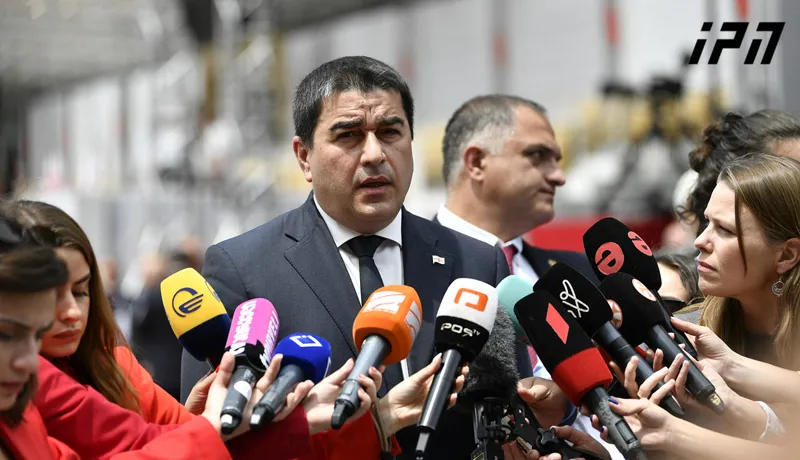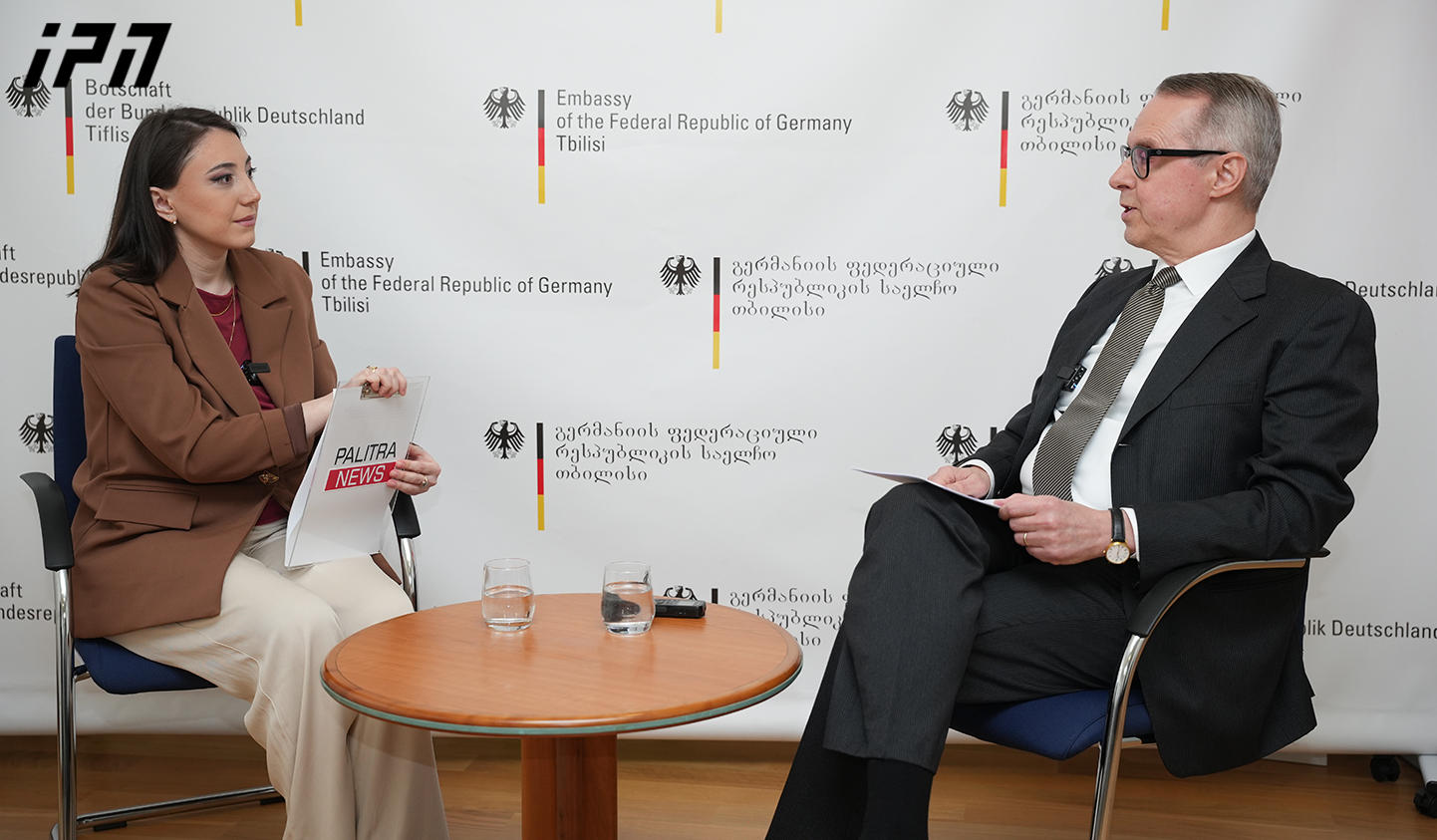Shalva Papuashvili: When ambassadors of partner countries overstep their authority, the only way forward is to protect the national interests of the country - We can immediately recognize a “second secretary” when we see one – ambassadors should be representatives of their own countries, not mentors to the host country

Since, ultimately, peace once again becomes the most desirable goal in regional and global politics, our foreign partners must return to using diplomacy as a vital tool for mutual understanding, peacebuilding, and cooperation,” wrote the Speaker of the Georgian Parliament, Shalva Papuashvili, on social media.
As he notes, in recent times, diplomacy has been used to achieve outcomes that are entirely contrary to its true purpose – not to resolve problems, but to inflame them.
“Unfortunately, over the past few years, we have often seen diplomacy being used not as a tool of international relations, but as an instrument of propaganda, interference in internal affairs, and even a means to change governments from the outside. In other words, diplomacy is being employed to achieve the opposite of its true goal – to escalate problems rather than solve them.
States have many ways to express their political preferences and dissatisfaction, but when diplomacy is used not to resolve disagreements, but to deepen them, we deprive the world of the chance for peace and cooperation that could bring about positive change.
When we see accredited diplomats trying to support a specific political position within a host country, deepen political polarization, encourage extremism for ideological purposes, pressure the government to enter into war, or even facilitate regime change through ‘revolution,’ it reminds us of the foreign policy of the Soviet Union, which aimed to promote ‘world revolution’ by any means, including through diplomacy.
When ambassadors from Georgia’s partner countries overstep their authority, our only path is to protect our national interests. Georgians still remember well from the Soviet era the institution of the so-called ‘second secretary’ of the Communist Party, who was exclusively appointed from Moscow and had the final say in Georgia’s internal affairs. Because of this painful experience, we can recognize a ‘second secretary’ the moment we see one.
Beyond the emotional aspect, there is also a legal dimension to this issue: the ‘Vienna Convention on Diplomatic Relations’ emphasizes both the rights and duties of diplomats, stating that ‘all persons enjoying such privileges and immunities have a duty to respect the laws and regulations of the receiving State. They also have a duty not to interfere in the internal affairs of that State,’” Papuashvili wrote.
According to the Speaker, what we have been witnessing over the past few years openly contradicts the Vienna Convention, which is one of the main pillars of a rules-based international order.
“Direct support for specific politicians, funding the activities of political parties, financial support to political NGOs, expressing opinions about the host country's legislation, and attempting to participate in legislative processes – this is just a partial list of actions that have become routine for some foreign missions and diplomats in Georgia.
There is no privilege without responsibility. When foreign diplomats act like local politicians, they must be ready to take responsibility for their actions, which makes them legitimate targets of criticism. Such criticism cannot be considered an ‘attack.’ By copying the political agenda of local politicians and repeating their messages, diplomats should not identify themselves with domestic political actors. The Georgian people have gained enough political experience to immediately recognize foreign political bias and interference.
Ambassadors should be representatives of their own countries, not mentors to the host country. Mixing personal attitudes with professional duties contradicts the essence of diplomatic relations. As stated in the Vienna Convention, ‘All official business with the receiving State entrusted to the mission by the sending State shall be conducted with or through the Ministry for Foreign Affairs of the receiving State.’ When diplomats, due to their questionable actions, are unable to properly communicate with the host country’s official institutions and instead resort to propaganda, it is nothing more than a rejection of their diplomatic role and an attempt to shape the host society to their personal preferences.
In this turbulent period of history, restoring diplomacy to its rightful place would be of great benefit to both Georgia and our foreign partners,” Papuashvili wrote.
